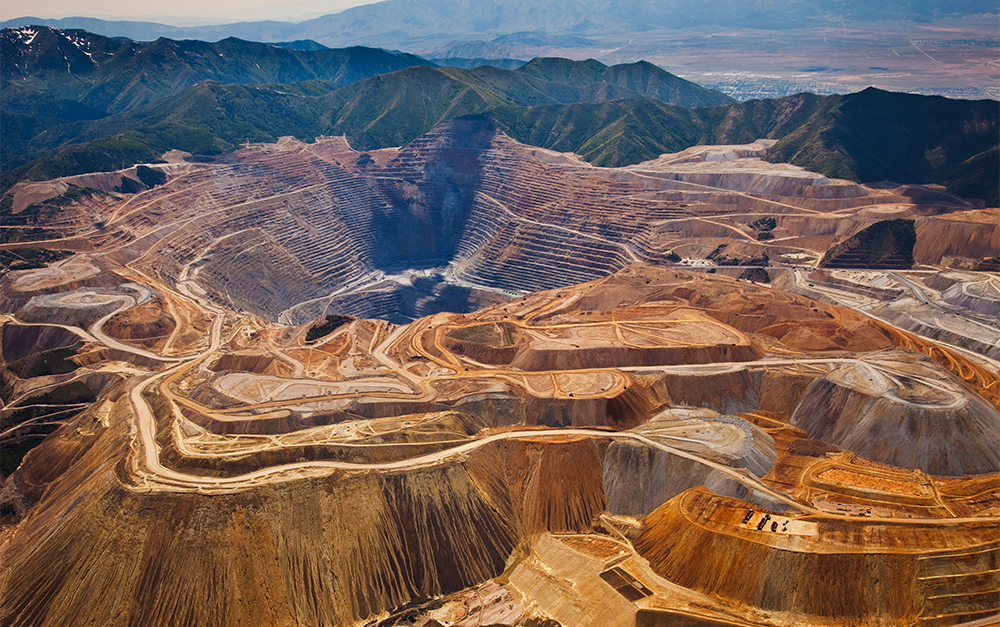What are Governments Doing to Regulate Conflict Minerals in Supply Chains?
Efforts have been made by governments, industry groups, and NGOs to address the issue of conflict minerals, including the creation of regulations such as the Dodd-Frank Act in the US, which requires companies to disclose their use of conflict minerals in their products.

Conflict minerals are mined in areas of the world with ongoing conflicts or human rights abuses. The mining of these minerals in the region has been linked to child labor, forced labor, and environmental damage, as well as funding armed groups that commit violent acts against civilians.
The most commonly recognized conflict minerals are tin, tungsten, tantalum, and gold, known as 3TG, which are used in many electronic devices and other products. The countries known to mine conflict minerals are located mainly in central Africa. These minerals are often sourced from the Democratic Republic of Congo (DRC) and surrounding countries, where conflict and human rights abuses are rampant. However, neighboring countries such as Rwanda, Uganda, and Burundi are also known to produce conflict minerals.
Armed groups control many mines and extractive operations in these countries, often using forced labor and other abusive practices. In addition, the profits from the sale of conflict minerals are used to fund these armed groups and perpetuate violence in the region.
While most of the world's conflict minerals are sourced from central Africa, it is important to note that conflict minerals can come from other regions as well. For example, gold from Colombia has been linked to conflict and human rights abuses, and mica from India has been linked to child labor. Therefore, responsible sourcing practices should be applied globally to ensure that minerals are sourced ethically and without contributing to conflict or human rights abuses.
Efforts have been made by governments, industry groups, and NGOs to address the issue of conflict minerals, including the creation of regulations such as the Dodd-Frank Act in the US, which requires companies to disclose their use of conflict minerals in their products. In addition, the European Union (EU) has also implemented a "Conflict Minerals Regulation” designed to address the issue of conflict minerals. The law was adopted in 2017 and enacted on January 1, 2021.
Other countries, such as Australia, Japan, and China, have introduced non-binding guidelines or voluntary initiatives to address the issue of conflict minerals. These initiatives promote responsible sourcing practices and encourage companies to conduct due diligence on their supply chains.
Frequently Asked Questions





The Z2Data Solution
Z2Data is a leading supply chain risk management platform that helps organizations identify supply chain risks, build operational resilience, and preserve product continuity.
Powered by a proprietary database of 1B+ components, 1M+ suppliers, and 200K manufacturing sites worldwide, Z2Data delivers real-time, multi-tier visibility into obsolescence/EOL, ESG & trade compliance, geopolitics, and supplier health. It does this by combining human expertise with AI and machine learning capabilities to provide trusted insights teams can act on to tackle threats at every stage of the product lifecycle.
With Z2Data, organizations gain the knowledge they need to act decisively and navigate supply chain challenges with confidence.


.svg)






